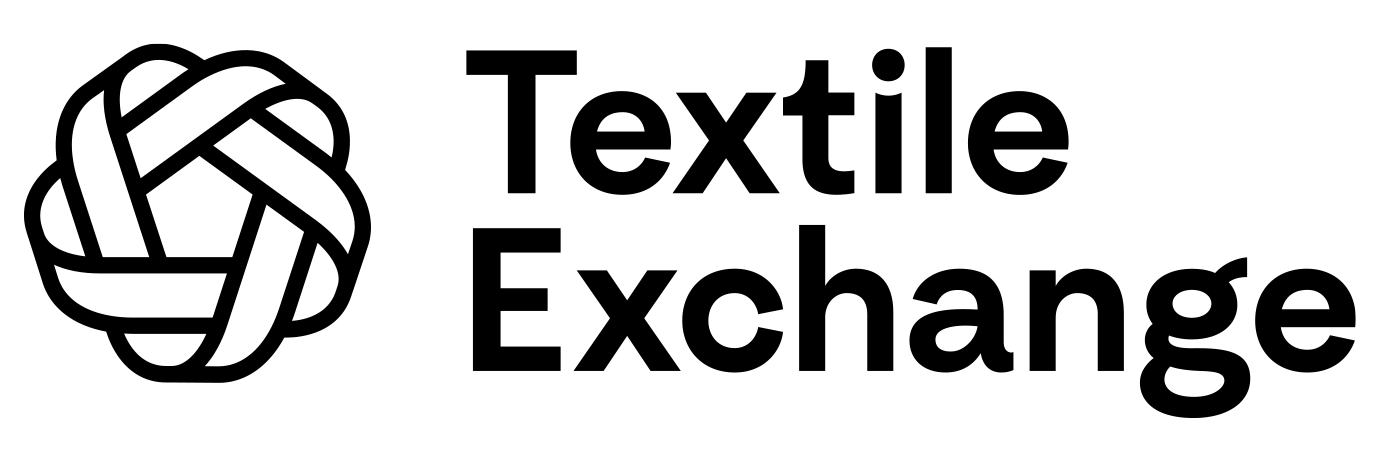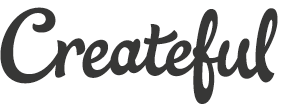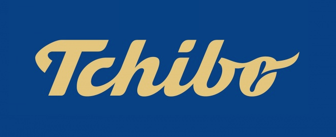Companies Creating Material Change
The largest peer-to-peer comparison initiative in the textile industry.
Participant company?
Resources are at risk. It’s time to take action.
Textile Exchange’s Material Change Index (MCI) is the largest peer-to-peer comparison initiative in the textile industry. It tracks the apparel, footwear and home textile sector’s progress toward more sustainable materials sourcing, as well as alignment with global efforts like the Sustainable Development Goals and the transition to a circular economy.
The Material Change Index is a key component of Textile Exchange’s Corporate Fiber & Materials Benchmark (CFMB) program, which enables participating companies to measure, manage and integrate a preferred fiber and materials strategy into their business. More than 170 companies (including subsidiaries) voluntarily participated in this year’s program, including iconic fashion, home and sports brands like C&A, Tchibo, Nike, Patagonia, H&M, Gap, Gucci, Ikea, Target, New Balance, Adidas and Burberry.
With our new Climate+ strategy, Textile Exchange is the driving force for urgent climate action on textile fiber and materials. By benchmarking the industry and providing actionable tools for improvement, Textile Exchange is pushing a race to the top. Join us.
Participating companies with a 100% target for at least one preferred material
Materials from preferred sources used by participating companies
2019 Material Change Index
By participating in the CFMB, all of the companies on this list have demonstrated a commitment to transparency and continuous improvement around their materials sourcing strategy. Our family of indices tracks MCI participants as well as progress on specific materials and program characteristics. Please note, companies are listed alphabetically within performance bands.
| Fiber portfolio | |||||||||||
|---|---|---|---|---|---|---|---|---|---|---|---|
Reporting company |
Sub-sector |
Material Change Index |
Materials Circularity |
Materials SDG |
Cotton |
Polyester |
Nylon |
Manmade Cellulosics |
Wool |
Down |
|
About the performance bands
New for 2019, these recognitions are awarded for each of our indices.
Developing
This level is for companies that are laying the foundation of their programs and scored 25 or less out of 100 possible points.
Establishing
This level is for companies that are strengthening their programs and scored 26-50 out of 100 possible points.
Maturing
This level is for companies with emerging leadership that scored 51-75 out of 100 possible points.
Leading
This level is for companies that are pioneering industry transformation and scored 76-100 out of 100 possible points.
The Full survey symbol recognizes companies who have completed all sections of the benchmark, including all priority fibers.
The Modular symbol recognizes companies who have completed one or more fiber modules.
The Progress tracker symbol recognizes companies who have not completed material modules but who do submit progress data.
CFMB participant profile
A breakdown of 2019 CFMB participation and performance is below. In this chart, Level 1 also includes companies submitting modular surveys.
MCI participants (%)
- 100
- 75
- 50
- 25
- 0
- Level 1
- Level 2
- Level 3
- Level 4
Performance banding
What gets measured, matters
Over 170 companies voluntarily participated in the CFMB this year. Discover the benefits of benchmarking and find out how your company can start its journey to more sustainable materials sourcing.
Materials Impact Dashboard
Revamped for 2019, our Materials Impact Dashboard visualizes the global impact of the actions taken by participating companies.
The big picture
Industry footprints are based on company-reported uptake volumes of key materials, including 54% cotton, 33% polyester, 7% manmade cellulosics, 5% nylon, 1% wool, <1% down.
- Volume of materials reported: 4.4 million tons
- Share conventional: 2.6 million tons
- Share preferred, recycled: 0.3 million tons
- Share preferred, renewable: 1.4 million tons
Visualizing uptake share
- 100%
- 75%
- 50%
- 25%
- 0%
Overall impacts
How brand adoption of preferred materials affected the planet in 2019.
Contributing to the SDGs
Which SDGs do these improvements work towards?
Company and industry-wide progress toward the 2030 Sustainable Development Goals (SDGs) is tracked through the CFMB. For the textile industry, SDG 12: Responsible Production & Consumption is the gateway to positive outcomes for many of the other SDGs, such as no poverty, sustainable agriculture, industry innovation, and improved life on land and under water. Through improved practices on the land and in the fiber mills, there is considerable potential to have a positive impact on water and energy use and to reduce carbon emissions. To achieve the 2030 Goals, many stakeholders must work together, and SDG 17 Partnerships for the Goals will be key to success. Model and assumptions are Textile Exchange's own. See Impacts Dashboard Guide to find out more.
Material-specific outcomes and impacts
A breakdown of each material’s impacts and progress.
Cotton
- Volume of cotton reported: 2.4 million tons
- Share conventional: 1 million tons
- Share preferred, recycled: 25,487 tons
- Share preferred, renewable: 1.4 million tons
Visualizing uptake share
- 100%
- 75%
- 50%
- 25%
- 0%
Outcomes of increased preferred uptake
- Improved land management: 647,026 hectares
- Participating farmers: 279,430 farmers
- Cotton waste diverted from wastestream: 25,487 tons
Programs in use
- BASF e3
- Better Cotton Initiative
- bioRe
- Cotton made in Africa
- Fair Trade
- Organic
- Organic Fair Trade
- Recycled
Understanding the impacts
Polyester
- Volume of polyester reported: 1.4 million tons
- Share conventional: 1.2 million tons
- Share preferred, recycled: 249,483 tons
- Share preferred, renewable: 9.4 tons
Visualizing uptake share
- 100%
- 75%
- 50%
- 25%
- 0%
Outcomes of increased preferred uptake
- PET bottles diverted from wastestream: 18 billion
- Fossil PET replaced by bio-based: 9.4 tons
Programs in use
- Bio-based
- Recycled
Understanding the impacts
Nylon
- Volume of nylon reported: 208,284 tons
- Share conventional: 205,324 tons
- Share preferred, recycled: 2,959 tons
- Share preferred, renewable: 0 tons
Visualizing uptake share
- 100%
- 75%
- 50%
- 25%
- 0%
Outcomes of increased preferred uptake
- Nylon waste diverted from wastestream: 2,959 tons
- Fossil nylon replaced by bio-based: 0 tons
Programs in use
- Bio-based
- Recycled
Understanding the impacts
Manmade Cellulosics
- Volume of manmade cellulosics reported: 286,253 tons
- Share conventional: 194,722 tons
- Share preferred, recycled: 213 tons
- Share preferred, renewable: 91,319 tons
Visualizing uptake share
- 100%
- 75%
- 50%
- 25%
- 0%
Outcomes of increased preferred uptake
- Land under certified forestry: 26,531 hectares
- Cellulose waste diverted from wastestream: 213 tons
Programs in use
- Forest certified*
- Acetate
- Lyocell
- Modal
- Viscose
- Cupro
- Recycled
* Forest Stewardship Council (FSC), Programme for the Endorsement of Forest Certification (PEFC)
Understanding the impacts
Wool
- Volume of wool reported: 62,525 tons
- Share conventional: 57,988 tons
- Share preferred, recycled: 2,449 tons
- Share preferred, renewable: 2,088 tons
Visualizing uptake share
- 100%
- 75%
- 50%
- 25%
- 0%
Outcomes of increased preferred uptake
- Sheep covered by programs: 639,024
- Wool waste diverted from wastestream: 2,449 tons
Programs in use
- Organic
- Responsible Wool Standard
- ZQ Certified
- Recycled
Understanding the impacts
No impact modelling.
Down
- Volume of down reported: 22,419 tons
- Share conventional: 1,780 tons
- Share preferred, recycled: 2.7 tons
- Share preferred, renewable: 20,636 tons
Visualizing uptake share
- 100%
- 75%
- 50%
- 25%
- 0%
Outcomes of increased preferred uptake
- Birds covered by programs: 819 million
- Feathers diverted from wastestream: 2.7 tons
Programs in use
- Downpass
- Organic
- Responsible Down Standard
- Traceable Down Standard
- Traumpass
- Recycled
Understanding the impacts
No impact modelling.
About the Material Change Index
Learn more about the programs behind the MCI and get involved.
About the benchmark
Learn more about Textile Exchange’s efforts to benchmark the textile industry.
How to participate
Ready to be a part of the action? Discover the benefits of participation and sign up.
How your company can level up
By benchmarking the industry, we are driving a race to the top. Discover best practices from top-performing companies on how to improve sourcing strategies around priority materials, circularity, SDG alignment and business integration.









